Dagnabbit!
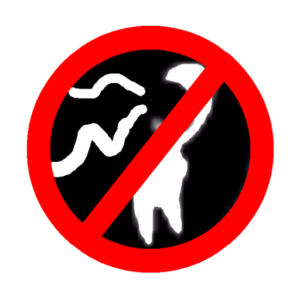 What do you yell when you slam a car door on your fingers? Or any other similar type pain if you’ve been fortunate enough to avoid that unfortunate experience?
What do you yell when you slam a car door on your fingers? Or any other similar type pain if you’ve been fortunate enough to avoid that unfortunate experience?
I can testify, having subjected my fingers to a closing car door more than once, I’ve said, âAaaaaaaahhhhhhhhhh!â Aside from some tears and gritting of teeth, that was pretty much it.
The above scenario is often offered as proof that we all tend to use expletives in our life. Unlike me in times past, most people will offer up a choice exclamation upon experiencing a painful situation.
Some ask why Christian fiction is so anti-cussing? Why do so many Christians shy away from it?
This question has often been asked in comparison to other sins Christian fiction indulges in, like violence or gossip to name two. Indeed, compared to those types of sins, using a mild cuss word seems quite benign. Yet Christian readers will threaten to boycott Christian bookstores who carry anything with cussing in it while ignoring the titles with violence.
Part of it involves the Christian culture, especially among Evangelicals, who make up the bulk of the Christian market. Back in my Nazarene days, cussing was prohibited. One simply wasn’t considered holy/sanctified who used such language. Probably not even a Christian.
While I’ve realized in the last 18 years that not all cussing is sinful and it is a greater sin to judge someone’s spiritual condition based on the language they use, it points to the strong influence of such teachings like the one I grew up in as a Southern Baptist PK kid and my time in the Nazarene denomination. Good Christians simply didn’t cuss.
I recall a story the Christian comedian back in the 80s, Grady Nutt, once told. He and his friend made up their own bad words so they could cuss in their Baptist church with impunity. It only illustrates the influence of the Evangelical culture over what is acceptable.
However, I think it goes beyond the Christian culture. It has to do with what is considered crass.
Because most Christians who believe cussing to be sinful base it on verses like Colossians 3:8 . . .
But now ye also put off all these; anger, wrath, malice, blasphemy, filthy communication out of your mouth.
The sinfulness of an expression is tied to whether it falls under âfilthy communicationâ or not. Someone who considers it to refer to immoral subject matter and not a meaningless expletive, would not see most expletives as sinful. Maybe not fully socially acceptable in certain situations, but not sinful.
The catch is that what is considered crass and filthy in language can vary from one person to the next, one culture to the next, and one time period to the next. It is very relative.
It is why you don’t hear the word âoccupyâ used as a cuss word anymore.
In the 16th and 17th centuries, . . . the word occupy was commonly used to refer to the act of sexual penetration, which, among other things, places the Occupy Wall Street movement in a whole new light.
Swear Words Old and New on Slate (note: cuss words freely used)
Not only is that true, but in our culture, what is considered crass and shocking is no longer viewed that way by most people due to overuse. Even the F-bomb has lost much of its shock value and punch. Other words that were cussing when I was a kid don’t even cause the batting of an eye nowadays. Our culture shift has accelerated.
The most striking example its relativity is our cussing hypocrisy. Christians won’t tend to judge you a heathen if you say, âdo-do, poop, doody,â but one mention of an alternate name for the same thing will have the deacons discussing your membership status. If you said, âHades, that was bad,â you’d be more likely to get a laugh than a scowl.
Crassness and filthiness is based upon cultural factors, not the meanings. Culture assigns the connotations of a word that makes it crass.
Where does that leave us? One group doesn’t see many of these words as filthy while another does. Some Christians see that kind of language as reflecting their old life they were saved from. They view the use of those words as drawing them back to their unsaved lifestyle.
There’s the catch. Unlike reading about violence or gossip, reading cuss words, hearing it in our heads influences us to use them ourselves. The reason I didn’t yell a cuss word when I slammed my fingers in the car door is because I’d not been exposed to much of it. Not because I was a holy child, blessed with great self-control.
For those who consider it sin, they don’t want to be exposed to much of it, if any. While they shouldn’t judge those who don’t believe it to be a sin, those who don’t should be respectful of their sensitivity.
For better or for worse, the Christian book market has traditionally been a haven from such language. That is the culture and if it changes, it will be very slowly as cultural taboos on language change.
Do you seek to avoid profanity in your reading? Why or why not?
































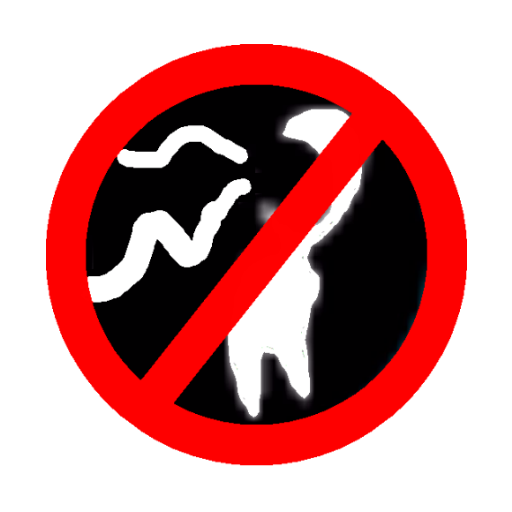




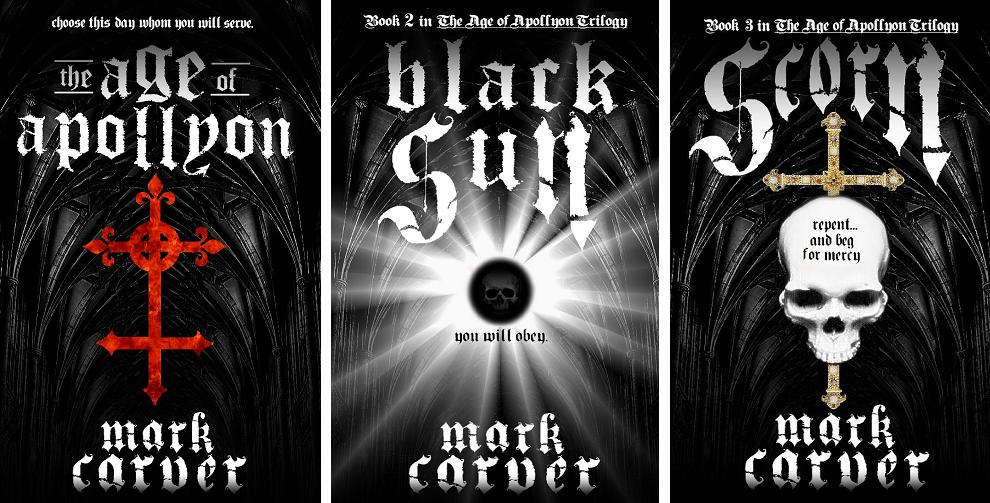



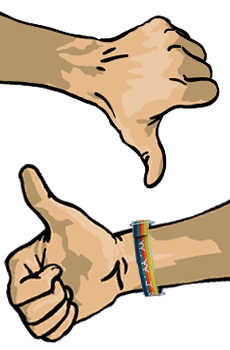
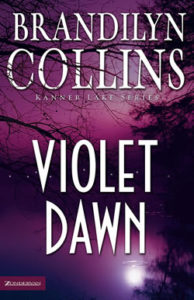
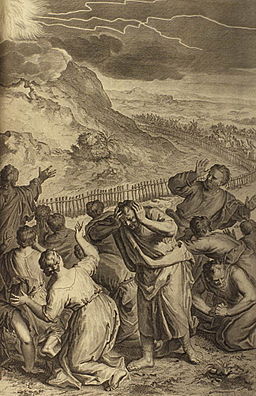




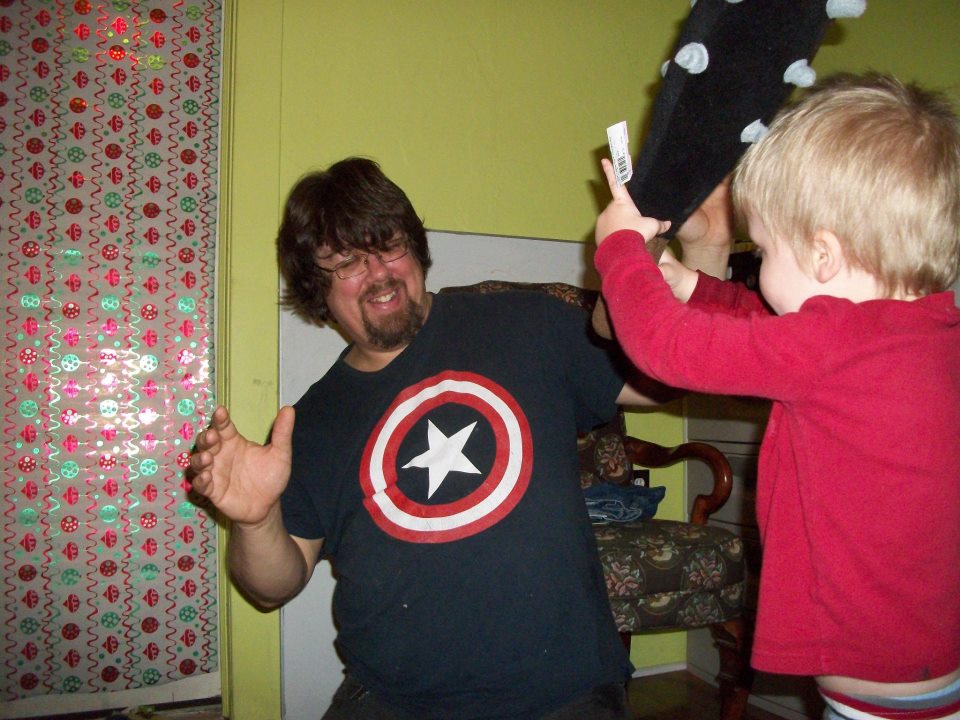



 who is an orphan, a girl in exile from her conquered nation. It’s the sort of thing you’d find in a fairy tale.
who is an orphan, a girl in exile from her conquered nation. It’s the sort of thing you’d find in a fairy tale. drome is at work in what gets labeled children’s stories; nothing else can explain the fact that “The Three Blind Mice” is considered a childhood staple. (Do parents even listen while they recite that ditty to their children?)
drome is at work in what gets labeled children’s stories; nothing else can explain the fact that “The Three Blind Mice” is considered a childhood staple. (Do parents even listen while they recite that ditty to their children?)







